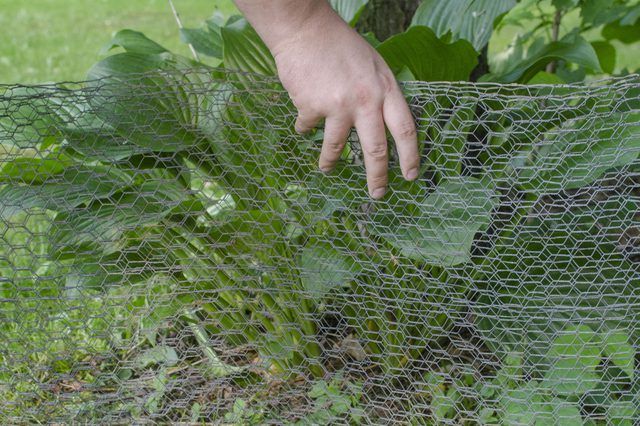Bulbs
Flower Basics
Flower Beds & Specialty Gardens
Flower Garden
Garden Furniture
Garden Gnomes
Garden Seeds
Garden Sheds
Garden Statues
Garden Tools & Supplies
Gardening Basics
Green & Organic
Groundcovers & Vines
Growing Annuals
Growing Basil
Growing Beans
Growing Berries
Growing Blueberries
Growing Cactus
Growing Corn
Growing Cotton
Growing Edibles
Growing Flowers
Growing Garlic
Growing Grapes
Growing Grass
Growing Herbs
Growing Jasmine
Growing Mint
Growing Mushrooms
Orchids
Growing Peanuts
Growing Perennials
Growing Plants
Growing Rosemary
Growing Roses
Growing Strawberries
Growing Sunflowers
Growing Thyme
Growing Tomatoes
Growing Tulips
Growing Vegetables
Herb Basics
Herb Garden
Indoor Growing
Landscaping Basics
Landscaping Patios
Landscaping Plants
Landscaping Shrubs
Landscaping Trees
Landscaping Walks & Pathways
Lawn Basics
Lawn Maintenance
Lawn Mowers
Lawn Ornaments
Lawn Planting
Lawn Tools
Outdoor Growing
Overall Landscape Planning
Pests, Weeds & Problems
Plant Basics
Rock Garden
Rose Garden
Shrubs
Soil
Specialty Gardens
Trees
Vegetable Garden
Yard Maintenance
How to Get Rid of Rabbits
How to Get Rid of Rabbits. Rabbits are active all year, chewing on young vegetation, garden produce, flower bulbs and the bark of young shrubs and trees. They can quickly decimate an entire backyard, turning your flowerbeds and garden into an all-you-can-eat buffet. Instead of resorting to toxic pesticides, which can harm you, your pets and...
Rabbits are active all year, chewing on young vegetation, garden produce, flower bulbs and the bark of young shrubs and trees. They can quickly decimate an entire backyard, turning your flowerbeds and garden into an all-you-can-eat buffet. Instead of resorting to toxic pesticides, which can harm you, your pets and beneficial wildlife, try an all-natural, safe remedy to deter and get rid of rabbit invasions.
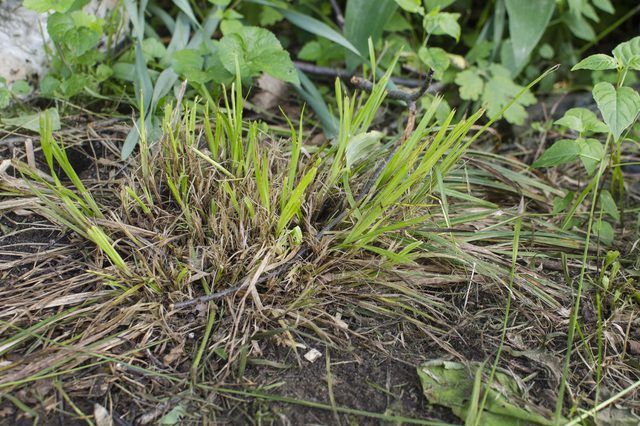
Keeping your landscape clean and tidy isn't just about aesthetics. It's also a key element of pest control. Rabbits are attracted to yards that offer them multiple hiding spots. Such habitats allow them to feed on plants but easily scurry away and hide if a predator shows up. If you have a rabbit problem, take it as a sign that it may be time to tidy things up.
Pick up and put away empty pots and old gardening equipment. Get rid of woodpiles. Eliminate stands of tall weeds, and prune back dense shrubs -- remember to first wipe down any pruning equipment with rubbing alcohol to sterilize it and prevent the spread of plant diseases. Modifying the habitat to make it less rabbit-friendly will encourage the rabbits to go away and move on to more welcoming yards.
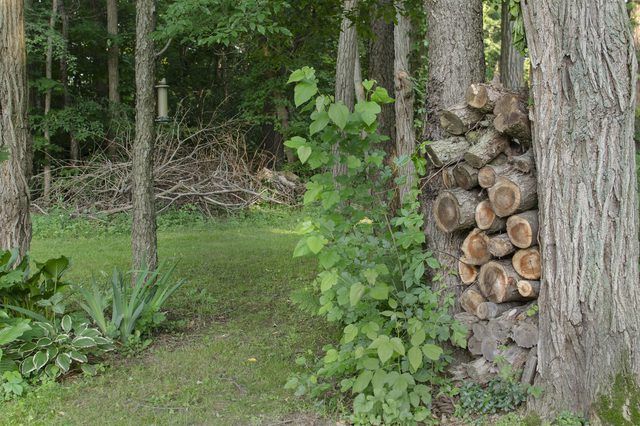
Deter rabbits and keep them away from your garden by using a predator, real or fake. A backyard dog will quickly drive away rabbits. If you don't have a dog, try a decoy animal predator, such as a plastic snake or plastic owl. Set the decoy in the middle of the problem area, and move it to a new spot every few days so the rabbits don't get used to its presence in any one spot.
A motion-activated garden ornament can also defend against rabbit invasions. When the rabbit activates the motion senor, the device moves or makes a loud noise to scare away the rabbit.
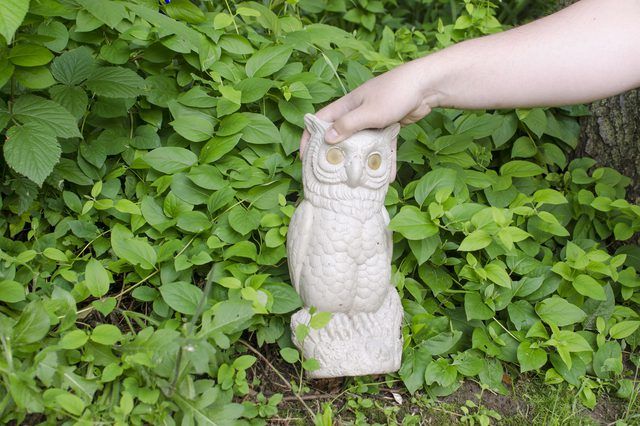
Instead of visual predator cues, try predator scents. Rabbits are always wary of being preyed upon, and the strong scent of a hungry predator can immediately drive rabbits away from the area.
Hang mesh bags full of human hair around the perimeter of the yard. Alternatively, use dog or cat hair from a pet grooming salon. Dried blood meal, used cat litter or human or pet hair can also be sprinkled in a defensive circle on the ground around garden beds or trees or shrubs. Replace the mesh bags or sprinkled deterrents every couple of weeks or whenever it rains, as that can eliminate the protective scent.
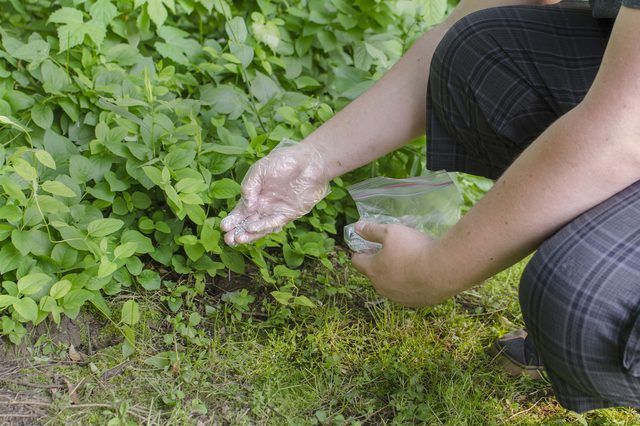
Spraying a spicy rabbit deterrent directly on plants can make the plants unappetizing for the pests. Deprived of their food source, the rabbits will relocate to other backyards. While commercially prepared rabbit-deterring sprays can be purchased in garden stores and nurseries, mix a homemade alternative in the kitchen. Combine a tablespoon of hot sauce, 2 tablespoons of a plant anti-desiccant product -- such products, available in most garden stores, are made of oils or polymers and keeps the plant from drying out -- and a gallon of water. Spray the solution on plants to make the foliage and bark unappetizing to the rabbits. Repeat whenever it rains.
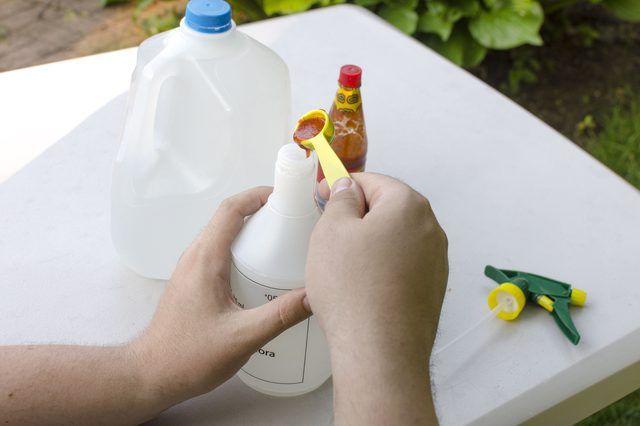
If all other methods of controlling rabbit problems fail, surround the affected plants with a simple wire fence. Exclusion is one of the most effective long-term strategies for getting rid of rabbits. Use standard poultry netting attached to stakes driven into the ground. For the best results against rabbits, use 48-inch-tall mesh with holes that measure 1 inch or smaller. To keep rabbits from digging under the fence, bury the bottom 10 inches of mesh, bending the bottom couple of inches outward.
